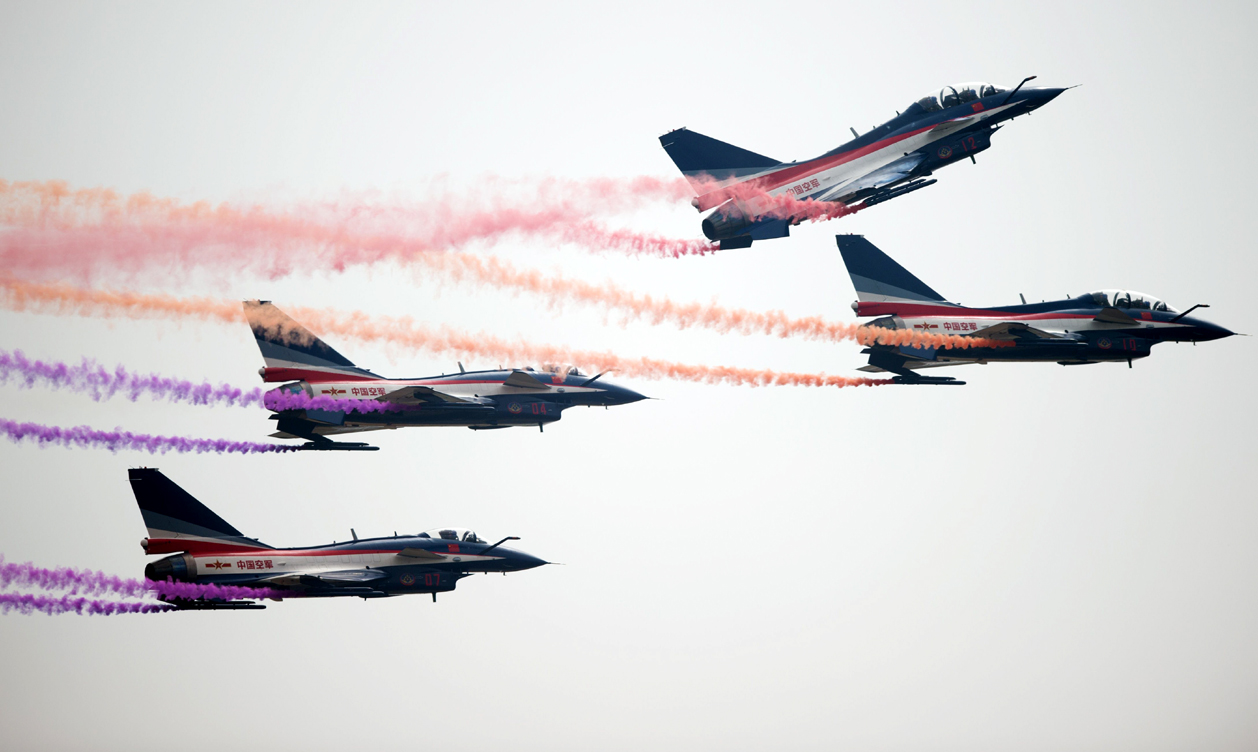
The air force described the exercises as part of normal annual planned drills which accord with international law and practice. They come as China has been increasingly asserting itself in territorial disputes in the South and East China Seas.
The drills on Friday, "are not aimed at any specific country, region or target, are legal, reasonable and fair", China's air force said in a statement on its official microblog.
Scandal-rocked South Korean president replaces PM
China carried out similar exercises in the Western Pacific at least twice in September, also flying close to either Taiwan, which China claims as its own, or Japan.
China has rapidly been ramping up research into advanced new military equipment, including stealth jets, submarines, aircraft carriers and anti-satellite missiles, which has rattled nerves regionally and in the United States.
"Organising the air corps to carry out exercises far at sea is a normal thing to do for the air forces of countries which border the ocean," China's air force said.
"The air force will continue to organise routine drills far out at sea to further forge and develop the air force's systematic abilities far at sea, maintain national sovereignty, protect national security and guarantee peaceful development."
The exercises passed what China calls the "first island chain" - an area that includes Japan's Ryukyu Islands and self-ruled Taiwan - and achieved their set aims, the air force said, without elaborating.
The statement did not say what types of aircraft participated but showed a picture of an H-6 bomber. It did not say when or where the picture was taken.
China's air force, along with its navy, has been honing its abilities to conduct operations far from its shores, including drills in which aircraft have flown through the Miyako Strait, a body of water between Japan's islands of Miyako and Okinawa, on their way to the Pacific.
Okinawa is home to a large US military base.

1725783822-0/Tribune-Pic-(15)1725783822-0-165x106.webp)















COMMENTS
Comments are moderated and generally will be posted if they are on-topic and not abusive.
For more information, please see our Comments FAQ